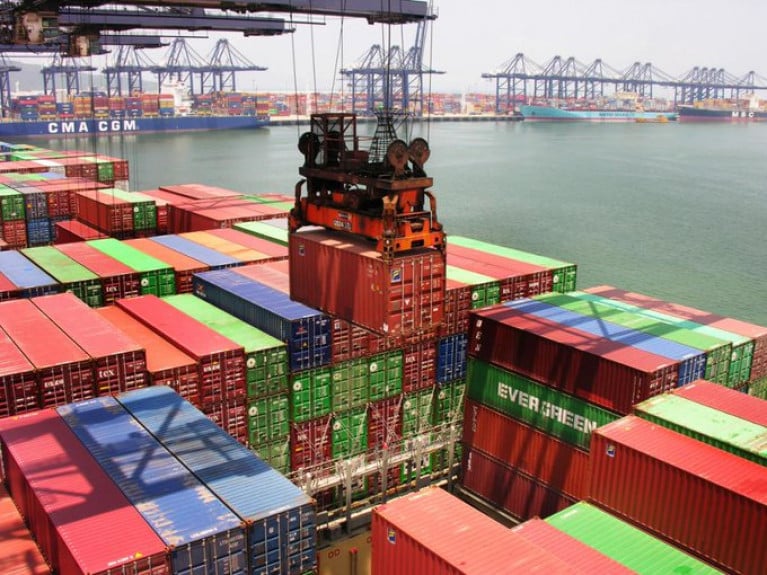Displaying items by tag: Exceeds Suez Indident
Disruption caused by the partial closure of the key south China Port of Yantian and its impact is set to exceed that of the Suez Canal blockage in late March and April, according to senior container shipping sources, with the ripple effects already being felt across supply chains.
According to LloydsLoadingList, container shipping industry commentator Lars Jensen, CEO of shipping consultancy Vespucci Maritime, observed that it “clearly currently appears that supply chain problems are worsening and not improving”. He highlighted that “the impact of the South China port issues continues to escalate”, and that the proportion of vessels affected “exceed the Suez incident”.
Taking a “quick look at four carriers, across each of the major alliances”, he yesterday highlighted that Maersk now advises that 64 of its vessels or its partner vessels in the 2M alliance have omitted Yantian and Shekou, with six switching to call in Nansha or Hong Kong, noting that “this is up from 40 vessels listed just two days ago”.
He notes that ONE now advises that 52 of THE Alliance’s vessels are being impacted, with 41 omissions and 11 changes typically from Yantian to Nansha – up from 27 vessels, of which 20 were omissions and seven were port changes, in their last advisory 5 days ago.
More here on this impact to global trade.
























































